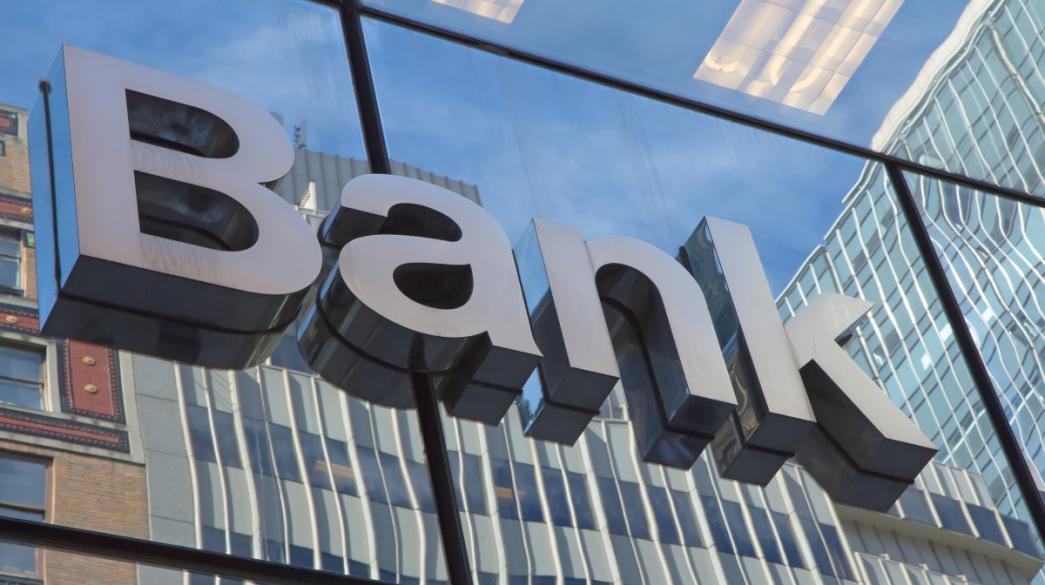Greece’s new debt settlement framework, which is heading towards parliament, may further harm payment culture in the economy, the country’s lenders have warned amidst serious objections to the draft bill raised by institutions such as the Hellenic Financial Stability Fund (HFSF), which has significant positions in the systemic banks, and the Bank of Greece (BoG).
Yesterday, the HFSF made public its objections to the bill, while according to sources, the BoG also requested the drastic restriction to the number of individuals who can ask for protection. Sources say that the BoG submitted to the Ministry of Finance a proposal tightening the criteria on how many debtors (individuals) who can seek protection. However, it was rejected by the Ministry of Finance.
In its intervention yesterday, the HFSF stressed that the following is needed: "Further assessment concerning the reasonable "perimeter " of individual debtors who really need protection from the process of out-of-court settlement of their debts should concern individuals facing financial difficulties."
The HFSF proposes including an additional criterion for the selection of beneficiaries the reduction of family income within a certain period of time (eg 3 or 6 months) over a certain percentage.
It is recalled that in mid-September the Hellenic Banking Association submitted a detailed note, accompanied by a relevant analysis by Deloitte for the new bill, outlining a series of concerns and requesting changes so that the new framework does not become a window of opportunity for new non-performing loans to arise. As Pavlos Mylonas, CEO of National Bank, stressed on the occasion of the new framework, "laws must be easily implemented and be within the capabilities of the public administration, and in particular of the judicial system." According to Mylonas, this bill is complex because it combines out-of-court settlements, bankruptcy proceedings for both households and businesses with social policy.
The CEOs of Eurobank, Fokion Karavias, Alpha Bank, Vassilis Psaltis and Piraeus Bank, Christos Megalou, have also expressed concern concerning the new framework.
Banks are calling for corrective action to be taken, warning of the law being derailed and having serious implications for bank balance sheets. At the same time, they point out that no progress has been made yet in the issues of infrastructure and operation of the new framework, expressing strong reservations whether it will be able to be implemented from 1.1.2021 as foreseen.
For his part, Finance Minister Christos Staikouras noted that "it is important that for the first time we deal with the debt of households and businesses as a whole and provide a second chance with important social impact and social justice. The supervisor, ie the BoG, official sector creditors, the Eurogroup, the World Bank and other bodies, have expressed themselves positively on this."
The ECB’s opinion
The relevant opinion of the ECB on the issue is being eagerly awaited. Its views are likely to share some of the banks' concerns, and point out the potential impact on bank balance sheets. The ECB's opinion is advisory in nature but is unlikely to be ignored by the government if it points out specific risks to the banking system connected to the legislative intervention.
The question is whether the ECB's opinion will be made public before the bill is passed.
The draft law was submitted to parliament late last night. It will then be discussed in the relevant parliamentary committees and then put to a vote in plenary at the end of the week.
Government officials describe the changes as being a "major reform intervention" that will put an end to the problem over-indebtedness in the private sector, a problem that has not been addressed for years and is suffocating the economy.









